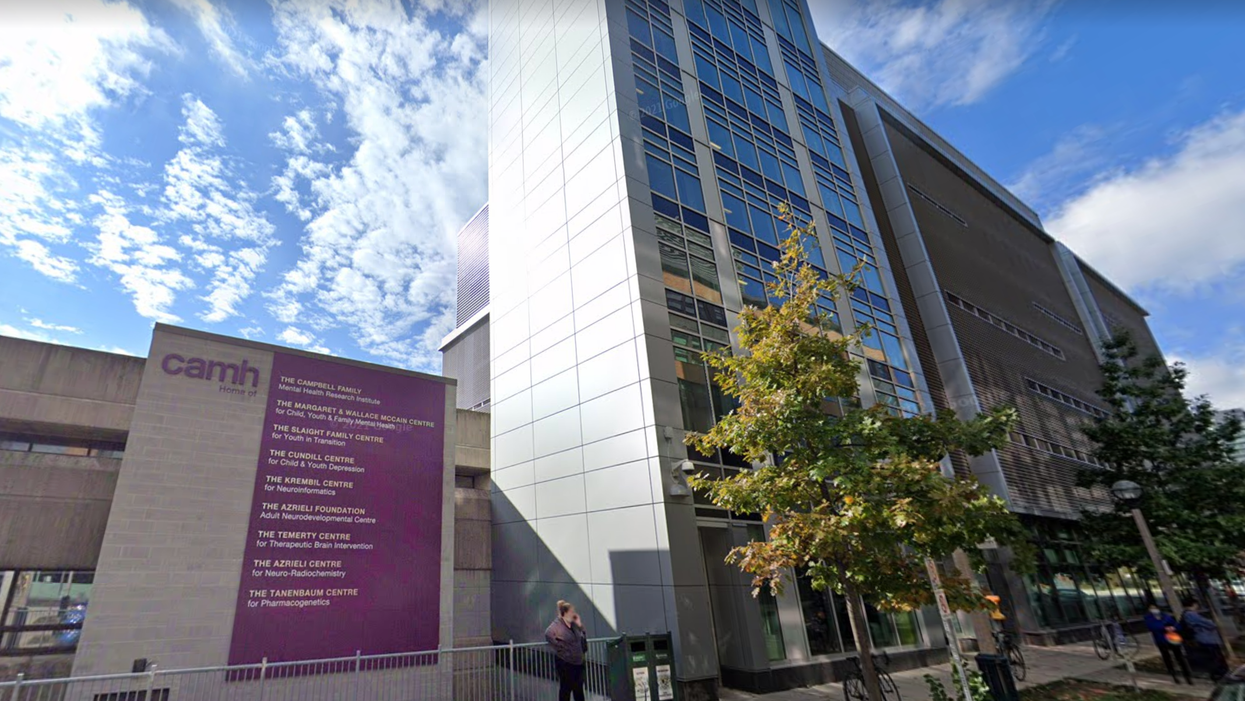CAMH Now Has A COVID-19 Vaccine Clinic For People With Needle Fear & Medical Anxiety
They're holding two clinics and accepting walk-ins.
If the thought of syringes makes you squirm and is keeping you from getting your doses, the Centre for Addiction and Mental Health (CAMH) is hosting two COVID-19 vaccine clinics that'll make your life easier.
Earlier this morning, September 20, CAMH announced that they'll be hosting a needlephobia and medical anxiety clinic today and on September 27 at the Sandi & Jim Treliving Gym in the Bell Gateway Building.
Reminder: We're hosting a #CovidVaccine clinic for people 12+ w/ needle & medical anxiety today! Walk-ins from 9-11:30am & 1-3:30pm. More info \n\n#GetVaxxed #VaccineHesitancy #needlephobia #VaccinePassports #COVID19pic.twitter.com/kDC6Ix1xED— CAMH (@CAMH) 1632146371
For those who cannot stand looking at medical equipment, there won't be any in sight at the clinic or at the vaccine station. All equipment is on a cart or tray that will be with the vaccine administrator and will have limited visibility on the floor.
Each appointment has a 20-minute window, but if the patient isn't able to get their dose within that time frame, they can take a break and try again when they're comfortable. There's also going to be extra time between appointments in case patients have questions or need additional support.
Walk-in appointments are available from 9:00 to 11:30 a.m. and 1:00 to 3:30 p.m.
"We've implemented one of the only evidence-based approaches to needle fear known as the CARD System (Comfort, Ask, Relax, Distract) method," Erin Ledrew, vaccine clinic manager and recreation therapist, said to the Ontario Hospital Association (OHA). "From the time the patient first walks in until they check-out, our main goal is to listen and to accommodate as best we can."
According to the OHA, CAMH said it's running this vaccine clinic to give a barrier-free setting that is accommodating and comfortable to all patients.
"Many people express that their anxiety over the needle is what made them most hesitant to receive their vaccine," Ledrew told OHA. "The anxiety is around the fear of the needle itself, not the vaccine. Our staff have a great understanding of the types of barriers and concerns individuals with medical anxiety experience, and this allows staff to use their skills to provide support for a positive vaccine experience."
